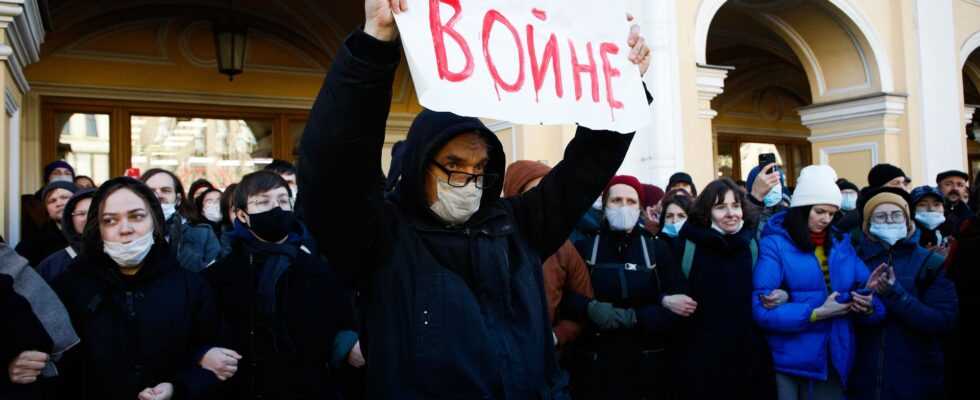The letter, which was initiated by the Ukrainian Council of Young Scientists, also states that Russia is no longer allowed to be involved in EU research programs such as Horizon Europe, the Erasmus+ exchange program, international cooperation such as CERN near Geneva (Switzerland) and the international nuclear fusion project ITER . A spokesman for the European Commission says the letter has been received and “nothing is off the table”. “The European Union stands by Ukraine and its people,” the spokesman said.
No Fields Medal in Saint Petersburg
Another cancellation has attracted a lot of attention: the four-yearly conference of the International Mathematical Union. The Fields Medal, one of the highest honors in this field, is traditionally awarded during the conference. It should have taken place in Saint Petersburg in July this year. After various mathematical societies and more than 100 of the invited speakers spoke out against the conference venue, the Union announced on February 26, 2022 that it wanted to hold its congress virtually.
“There should be a complete boycott of the Russian academic community. No more cooperation«(Maksym Strikha, Physicist at Taras Shevchenko National University in Kyiv)
Some Ukrainian scientists appreciate the support of their Russian colleagues, but the measures announced so far do not go far enough. Russian academic institutions in particular have failed to condemn the aggressive war, according to an open letter from the Academy of Sciences of the Secondary School of Ukraine. The letter states that the restrictions on the Russian scientific community must be comprehensive: “We demand that researchers belonging to such institutions are not admitted to international fellowship groups, are not invited to international conferences and are not allowed to publish in leading international scientific journals. «
At least one editorial board, that of the Journal of Molecular Structure, has decided to no longer consider manuscripts by researchers working at institutions in Russia.
The Russian-American chemist Alexander Kabanov from the University of North Carolina at Chapel Hill also initiated an open letter: It was signed by the Russian research community working abroad. In his opinion, the next crucial step is to support Ukrainian researchers. “At the moment, many Ukrainians are fighting for their country and some are refugees,” says Kabanov. Western scientific institutions should set up training programs to support them. “I think the labs should be open to them.”
